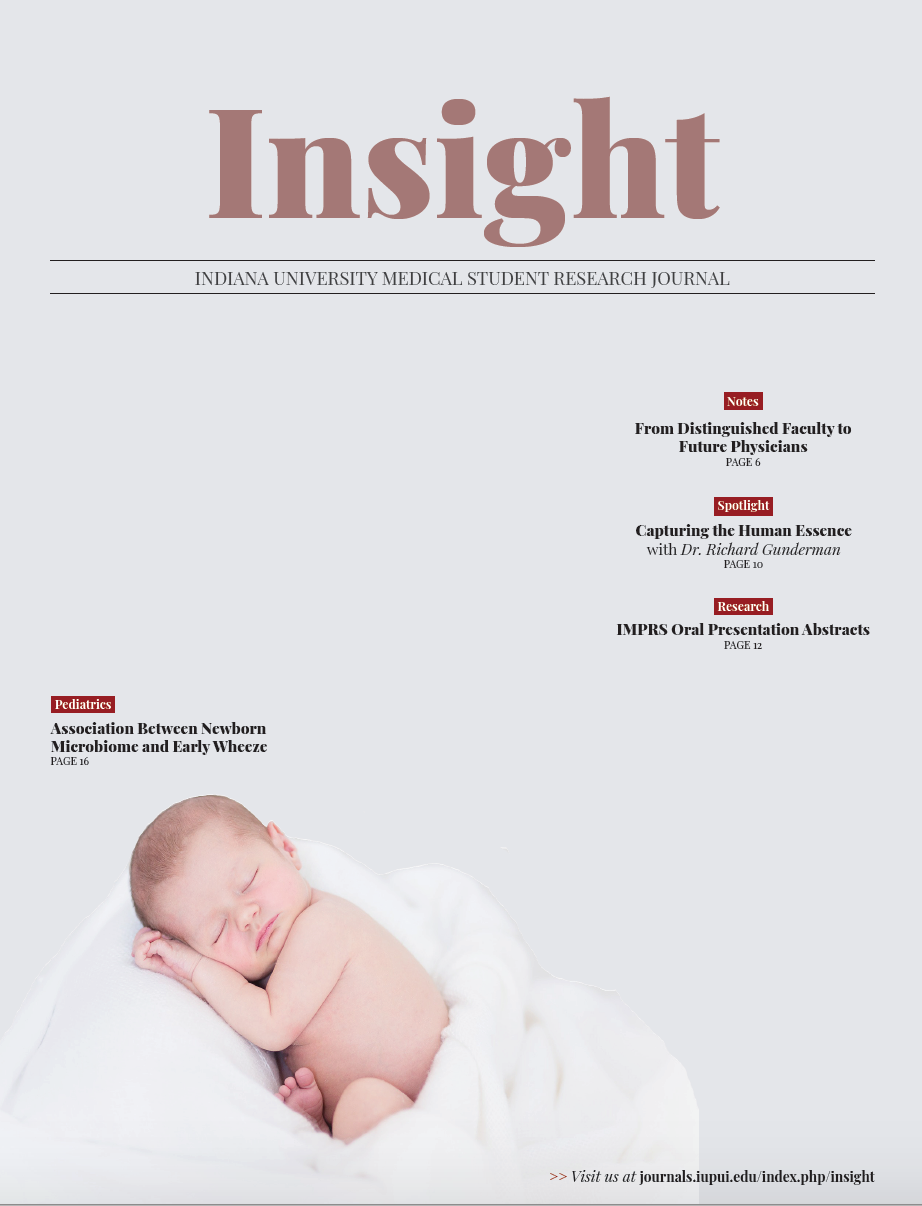Developing Optimal Type 2 Diabetes Genetic Risk Communication Strategies for Physicians and Patients
Abstract
Background: Currently, gestational diabetes (GDM) affects 13% of pregnancies; up to 70% of those women and their children will develop type 2 diabetes (T2D). GWAS have been successful at identifying T2D genetic risk variants. Physicians’ ability to effectively communicate T2D genetic risk is dependent on their patients’ genetic self-efficacy (GSE), genetic knowledge (GK), health literacy (HL), and numeracy.
Methods: The Primordial Prevention Program has the overarching goal of examining the clinical utility of genetic testing for T2D prevention in high-risk families. Parents with a maternal history of GDM were interviewed to assess their preferences and understanding of their children’s T2D genetic risk reports. Results from these analyses were used to develop a more detailed survey to assess the correlation of GSE with GK, HL, and numeracy in an independent sample.
Results: Interviews were conducted on 28 mothers and 21 fathers. Participants were 39±8 years old, 41% non-White, and reported high GSE levels (19.3±3.6), which positively correlated with HL (r=0.35, p=0.02) and GK (r=0.28, p=0.05). Adult participants from the follow up survey were 37±14 years old, 84% female, and 32% non-White. Participants’ GSE levels were positively correlated with GK (r=0.29, p=1.95x10-6), numeracy (r=0.30, p=9.31x10-7), and HL (r=0.14, p=0.02). In stratified analyses, those with a lower education level scored significantly lower compared to higher educated participants (GSE (8.6±2.8 vs.10.4±3.1, p=2.59 x 10-5), GK (12.9±1.7 vs. 13.7±1.5, p=1.37 x 10-4), numeracy (2.4±1.6 vs. 4.4±1.6, p=1.73 x 10-16), HL (31.5±8.9 vs. 36.5±5.4, p=1.22 x 10-7)).
Conclusion and Potential Impact: In our study, parents and a higher educated adult population presented as genetically self-efficacious and had higher HL, numeracy and GK. Physicians’ assessment of their patients’ GSE, GK, HL, and numeracy will enable effective communication of genetic risk. Physicians should be aware that patients may demonstrate efficacy in their understanding of genetics, even though their understanding may not reflect their actual knowledge.
Downloads
Published
Issue
Section
License
Copyright to works published in Insight is retained by the author(s).

